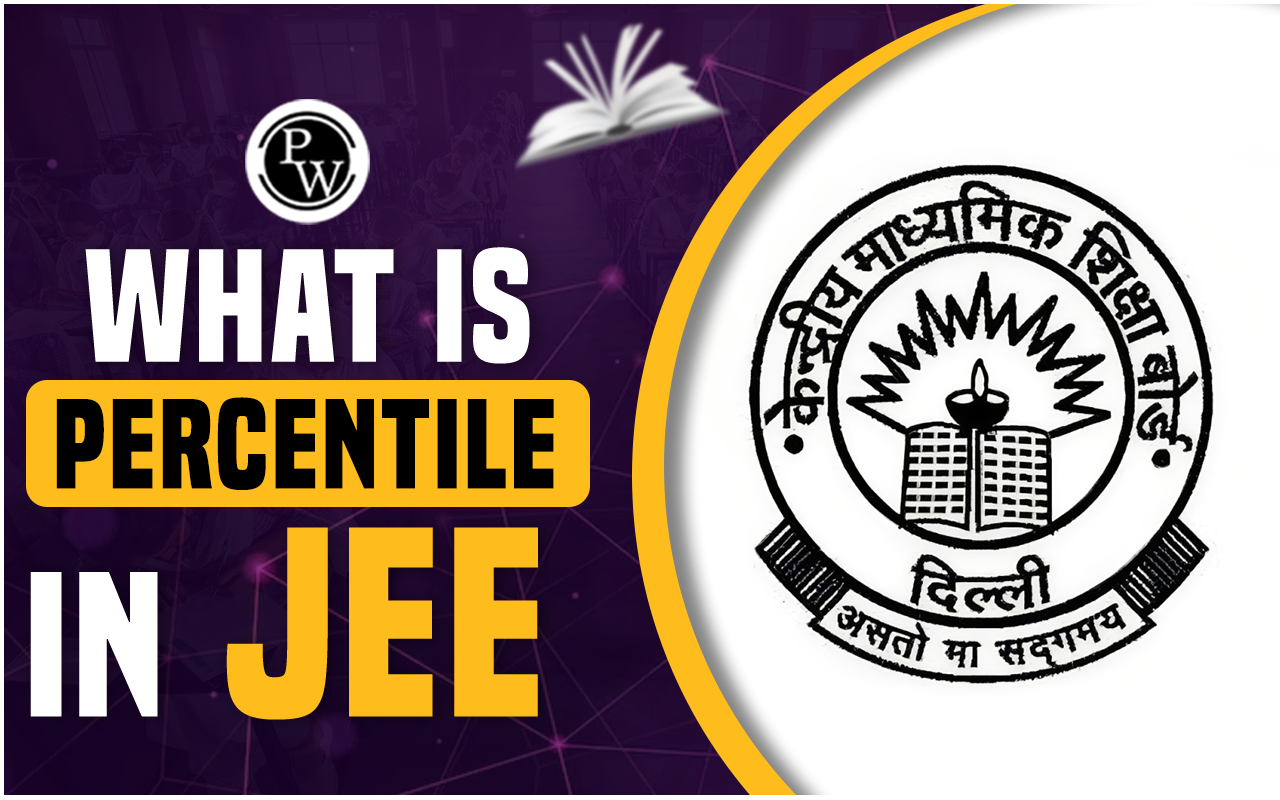
Sum Of The Numbers Formed By N-Digits : Permutation helps in finding sum of numbers formed by n digits this could be categorized in two cases one is without repetition and second is with repetition.
Sum Of The Numbers Formed By N-Digits Case 1:
When repetition is not allowed
Let we have to form numbers with the help of digits 1, 2, 3 Now by permutation of total numbers possible would be
123, 132, 213, 231, 312, 321
At unit place as we could see each number appears two times such as 2 in (312, 132) this is because other two position has 2! arrangements possible, so if there are n places available apart of unit place than unit place will occur n! times same is allowed for other places too, such as 1 in 100
th
place (123, 132) Now each place sum could be written as 2!
(2+3+1) and if multiply these sums with their corresponding place values and add all than obtained result would be the sum of all digits possible such as sum of (123, 132, 213, 231, 312, 321) is 1332 manually. Now by logic we can write 2!
(2+3+1)
+
2!
(2+3+1)
2!
(2+3+1)
Now above logic could be generalized for n numbers as
Sum Of The Numbers Formed By N-Digits Case 2:
When repetition is allowed
Let we have to form numbers with the help of digits 1, 2, 3 Now by permutation with repetition total numbers possible would be 123, 132, 213, 231, 312, 321,112, 113, 211, 311, 121, 131, 221, 223, 122, 322, 212, 232, 332, 331, 233, 133, 323, 313, 111, 222, 333
At unit place as we could see each number appears nine times such as 3 in (123, 213, 113, 223, 233, 133, 323, 313, 333) this is because other two position has
arrangements possible, so if there are n places available apart of unit place and available digits are m than unit place will occur
times same is allowed for other places too, such as 1 in 100
th
place of (123, 132, 112, 113, 121, 131, 122, 133, 111)
Now each place sum could be written as
(2+3+1) and if multiply these sums with their corresponding place values and add all than obtained result would be the sum of all digits possible such as sum of (123, 132, 213, 231, 312, 321,112, 113, 211, 311, 121, 131, 221, 223, 122, 322, 212, 232, 332, 331, 233, 133, 323, 313, 111, 222, 333) is 5994 manually Now by logic we can write
(2+3+1)
+
(2+3+1)
(2+3+1)
Now above logic could be generalized for n digit number with n places as
Sum Of The Numbers Formed By N-Digits Introduction
As we have discussed formula for sum of digits in two cases repetition of digits allowed and repetition of digits not allowed let’s explore it with examples.
Sum Of The Numbers Formed By N-Digits Example 1
Q. Find sum of all digits possible from 1,2,3,4 repetition is not allowed?
Solution: Available digits are (1, 2, 3, 4), sum of n digits without repetition is
Take
n
=4,
Sum Of The Numbers Formed By N-Digits Example 2
Q. Find sum of all 3 digit number possible from 5,6,7 repetition is allowed?
Solution: Available digits are (5, 6, 7), sum of n digits with repetition is
Take
n
=3,
Sum Of The Numbers Formed By N-Digits Example 3
Q. Find sum of all three-digit number possible from 1,2,3,4 repetition is not allowed?
Solution:
Three-digit number possible out of (1, 2, 3, 4) are
as (1, 2, 3), (1, 2, 4), (1, 3, 4), (2, 3, 4)
By using formula
Sum of all numbers from (1, 2, 3) would be
Sum of all numbers from (1, 2, 4) would be
Sum of all numbers from (1, 3, 4) would be
Sum of all numbers from (2, 3, 4) would be
Total sum is
+
Sum Of The Numbers Formed By N-Digits Rapid Questions
1. Find sum of all 3-digit numbers possible from 2,6,8 repetition is allowed?
2. Find sum of all 3-digit numbers possible from 3,6,9 repetition is not allowed?
Sum Of The Numbers Formed By N-Digits Illustration
Q.1. Find sum of all three-digit number possible from 2,4,5,7 repetition is allowed?
Solution:
Three-digit number possible out of (2, 4, 5, 7) are
as (2, 4, 5), (2, 4, 7), (2, 5, 7), (4, 5, 7)
by using formula
Sum of all numbers from (2, 4, 5) would be
Sum of all numbers from (2, 4, 7) would be
Sum of all numbers from (2, 5, 7) would be
Sum of all numbers from (4, 5, 7) would be
=15984
Total sum is
Q.2: Find sum of all number possible from 1,2,4,5,7 repetition is not allowed?
Solution: Available digits are (1, 2, 4, 5, 7), sum of n digits without repetition is
Take
n
=5,
Sum Of The Numbers Formed By N-Digits Rapid Questions
1. Find sum of all number possible from 2,4,5,9 repetition is not allowed?
2. Find sum of all three-digit number possible from 1,9,4,7 repetition is allowed?
Sum of the Numbers Formed by n-Digits FAQs
Q.1: Permutation of object is same as selection of objects?
Q.2 : Combination of objects does not need arrangement?
Q.3: Permutation and combination are not based on fundamental rule of counting?
Q4: Fundamental rule of multiplication is applied if events are independent?










